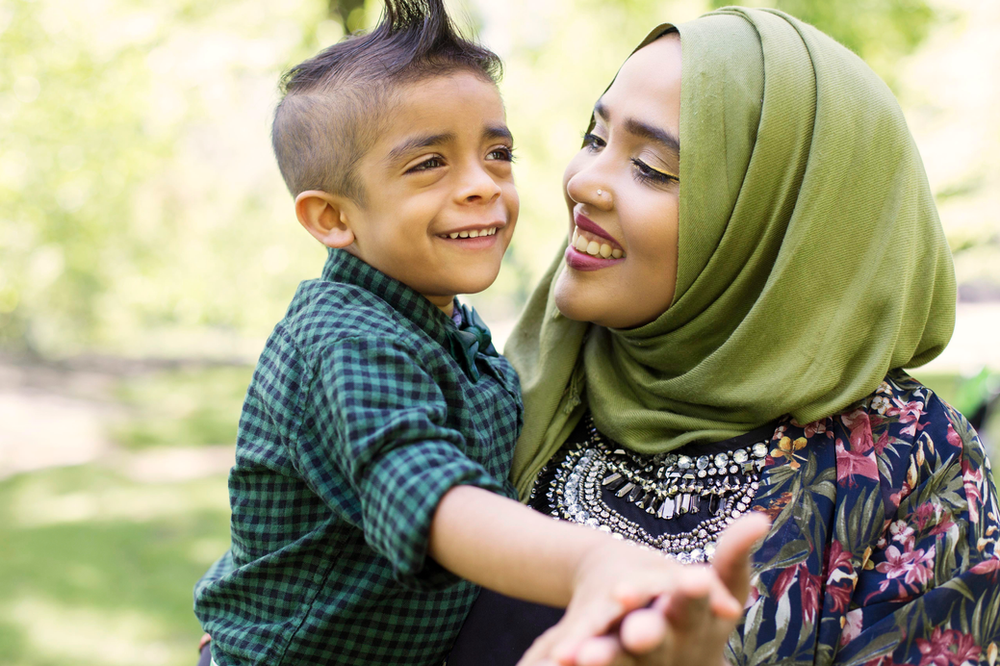Multicultural Counseling: Working with the Arab and Muslim-American Population
Culture impacts all aspects of human existence whether we recognize its influence or not. Our attitudes, values, customs, religiosity, traditions and behaviors are encapsulated in our cultural identity. Risk and protective factors of mental health are influenced by the unique cultural characteristics that the individual identifies with, including the perception of, explanations for and the behavioral options found to promote or hinder help-seeking behaviors.
In the United States, Muslim Americans and Arab Americans are often identified as one community but, most Muslims do not descend from Arabic-speaking countries. Arab and Muslim Americans originate from different countries across the Middle East and North Africa, while many Muslim Americans also come from South Asian countries including Pakistan, Bangladesh, and India. Others came to the United States from sub-Saharan Africa, European countries, Iran, or other countries. Because culture, values, and religion can differ significantly within the Arab and Muslim American communities, therapists need to determine the background and beliefs of each client or family, rather than respond in a potentially stereotypical manner. Some clients may be highly acculturated or assimilated, whereas others may adhere strongly to traditional cultural and religious values; this is especially true for Arab Americans who are Muslims.
Arab and Muslim Americans demonstrate a collectivistic culture which implies an interdependent model of self and relationships. As a community, they have a strong commitment to family, economic and educational achievements, and making contributions to all aspects of American life. Strong community connectedness results in having high levels of support during times of struggle. One of the biggest overlooked struggles within this population is the issue of mental health.
Perceptions of mental illness and treatment in the Arab and Muslim American populations depends on their attitudes and beliefs that are shaped by: personal knowledge about mental illness, knowing and interacting with someone living with mental illness, cultural stereotypes, media influence, and familiarity with access to mental health resources.
The topic of mental health in the Arab and Muslim-American population remains a taboo subject. For most, seeking treatment may be considered shameful, thus external resources are likely to be sought as a last resort. Due to the collectivistic nature of this populations, the decision to seek psychological care is made collectively.
The impact of cultural and religious influences in the Arab and Muslim-American population needs to be conceptualized from a multicultural framework. It is imperative for counselors to be cognizant of the unique worldviews and lived experiences of this population that share unique characteristics and values that encompass their religious as well as cultural identity. Using culturally sensitive interventions and techniques will ensure that minority populations seeking mental health treatment will achieve positive and efficacious treatment outcomes.
-Aya Muath


